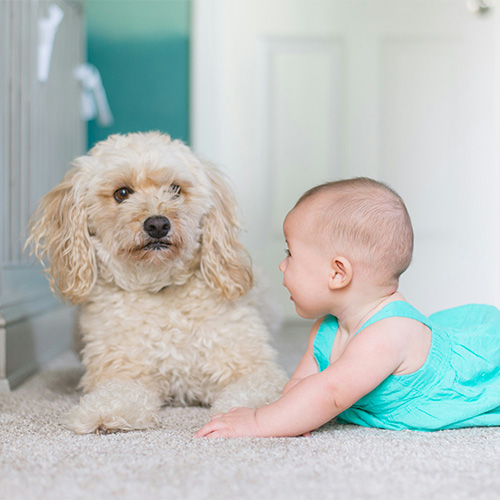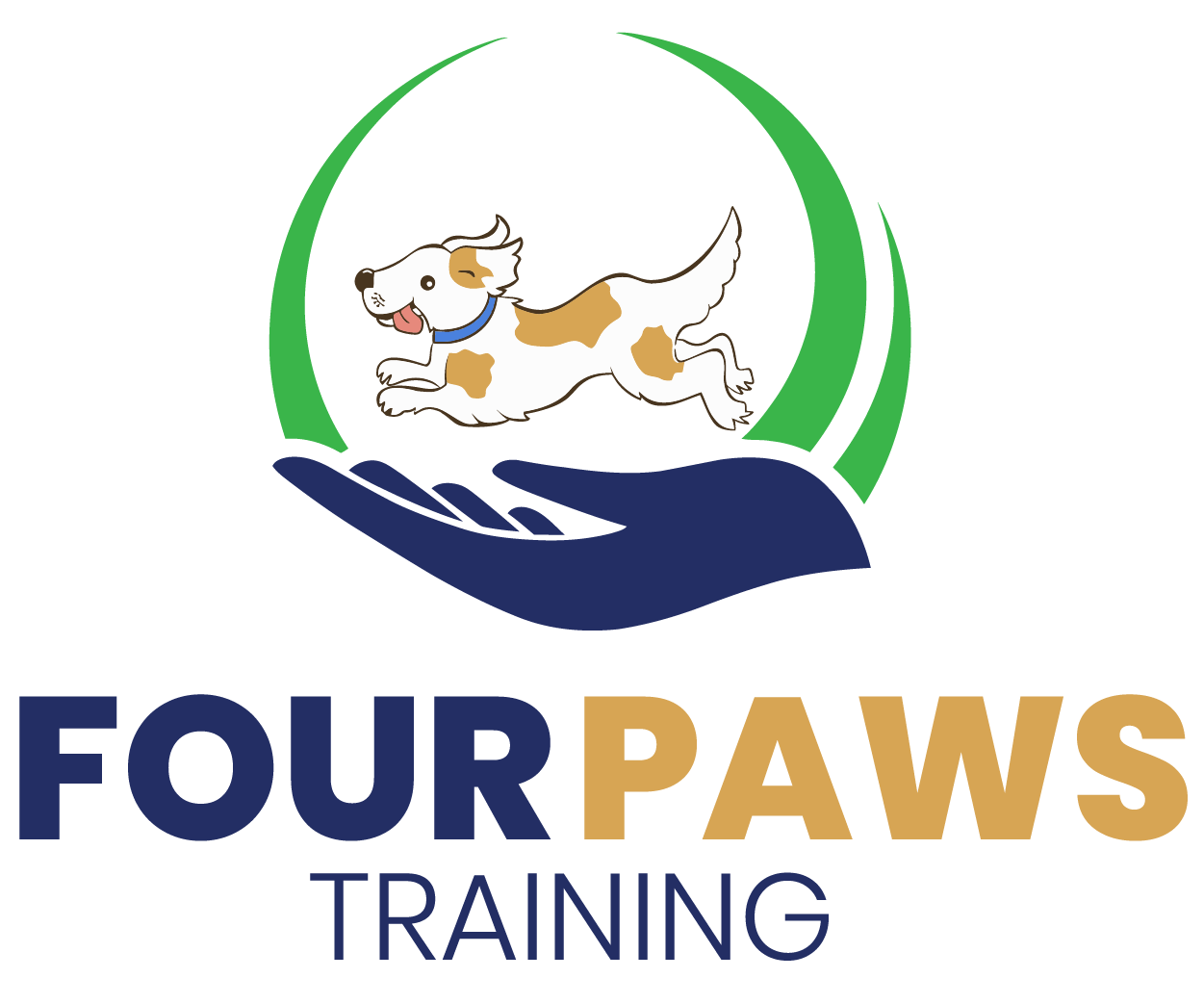


THE HOUND HUB
Help, my dog hates my children!!
Help & Advice
8 April 2024
Addressing a dog's intolerance to children promptly with appropriate training is crucial for the safety and well-being of both the dog and the children. Intolerance towards children can manifest in various ways, including fear, aggression, or avoidance behaviours, and failing to address these issues promptly can have serious consequences.
Firstly, the safety of children is paramount. Dogs that display intolerance towards children may pose a risk of injury or harm, whether it be through growling, snapping, or biting. Children, particularly young ones who may not understand how to interact safely with dogs, are vulnerable to such behaviours, and any incidents can result in physical injuries, emotional trauma, or even permanent disfigurement. By addressing a dog's intolerance towards children early on, owners can mitigate the risk of such incidents occurring and ensure a safe environment for all.
Moreover, failure to address a dog's intolerance towards children can exacerbate over time. What may start as minor signs of discomfort or anxiety around children can escalate into more severe behaviours if left unchecked. Dogs may become increasingly reactive or aggressive towards children, leading to heightened tension and potential conflicts within the household. Early intervention allows for the identification of underlying triggers and the implementation of appropriate training and behaviour modification techniques to prevent escalation.
Furthermore, addressing a dog's intolerance towards children early on can prevent the reinforcement of undesirable behaviours. Dogs are quick learners, and if their intolerance towards children is inadvertently reinforced or tolerated, it can become ingrained and more challenging to modify. Early intervention allows for the implementation of consistent training strategies to reshape behaviour patterns effectively and prevent the establishment of negative associations with children.
In addition to the immediate implications for safety, addressing a dog's intolerance towards children promptly can enhance the quality of life for both the dog and the family. Dogs that feel anxious or uncomfortable around children may experience chronic stress or fear, leading to a diminished overall well-being. By addressing these issues early on and providing appropriate training and support, owners can help their dogs feel more relaxed and confident in the presence of children, fostering a more harmonious household environment.
In conclusion, addressing a dog's intolerance towards children promptly with appropriate training is essential for the safety, well-being, and harmony of both the dog and the family. By intervening early, owners can mitigate the risk of incidents occurring, prevent escalation of undesirable behaviours, enhance the quality of life for their dogs, and avoid legal and financial consequences. Effective training and behaviour modification techniques can help dogs feel more comfortable and confident around children, fostering a positive and safe relationship between them.

For more information on how we can help, please contact us using the form below:
For more information on how we can help, please contact us using the form below:


